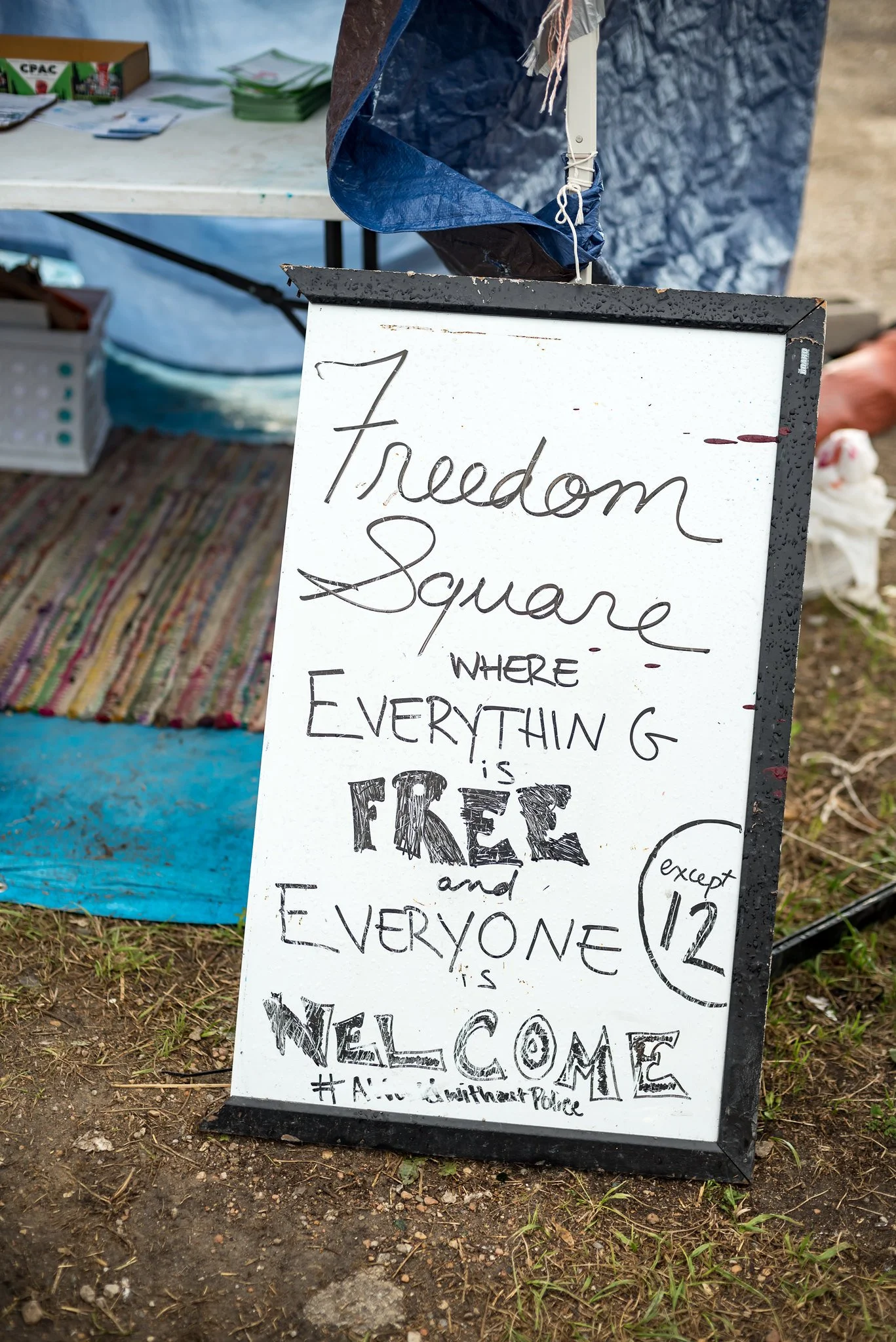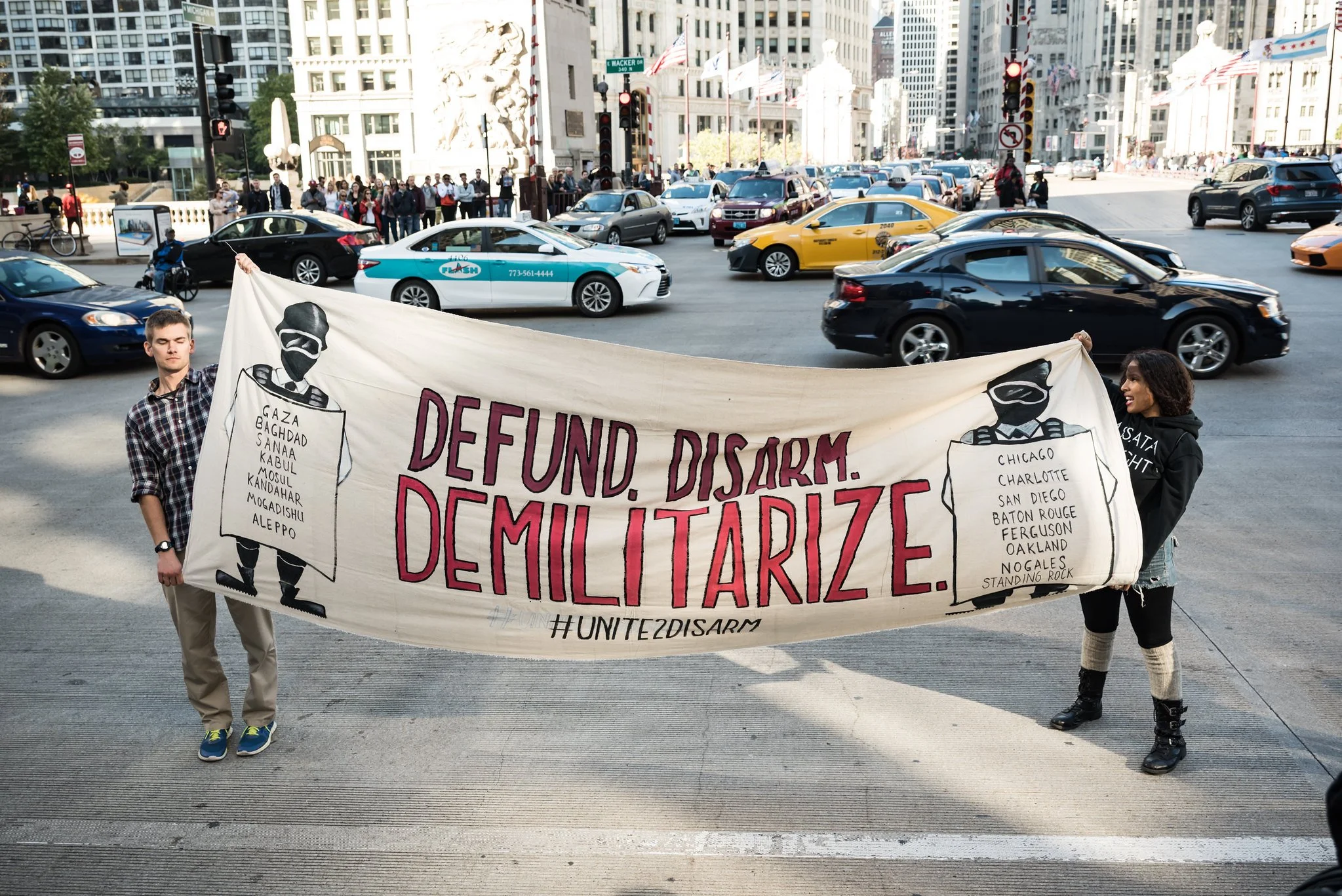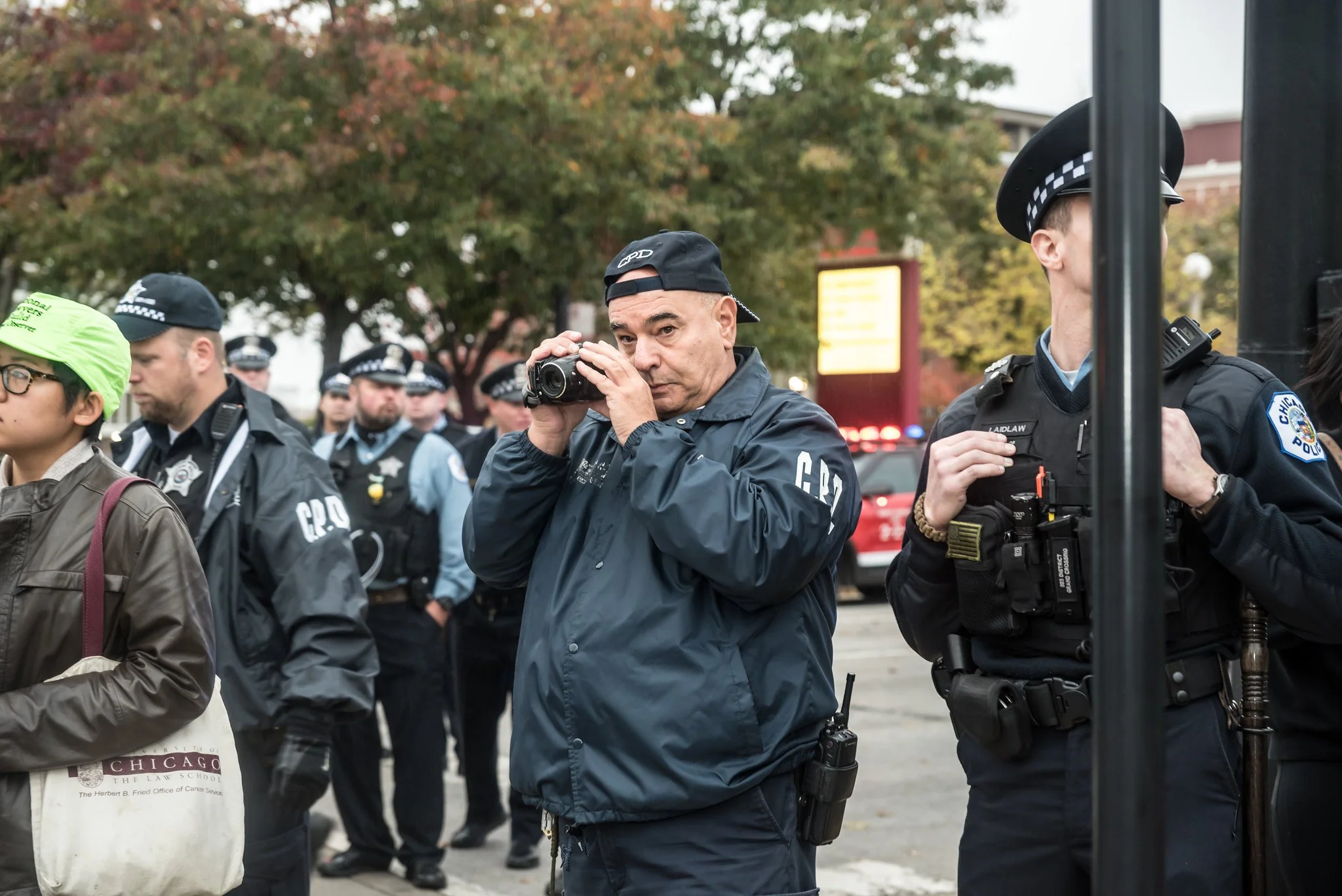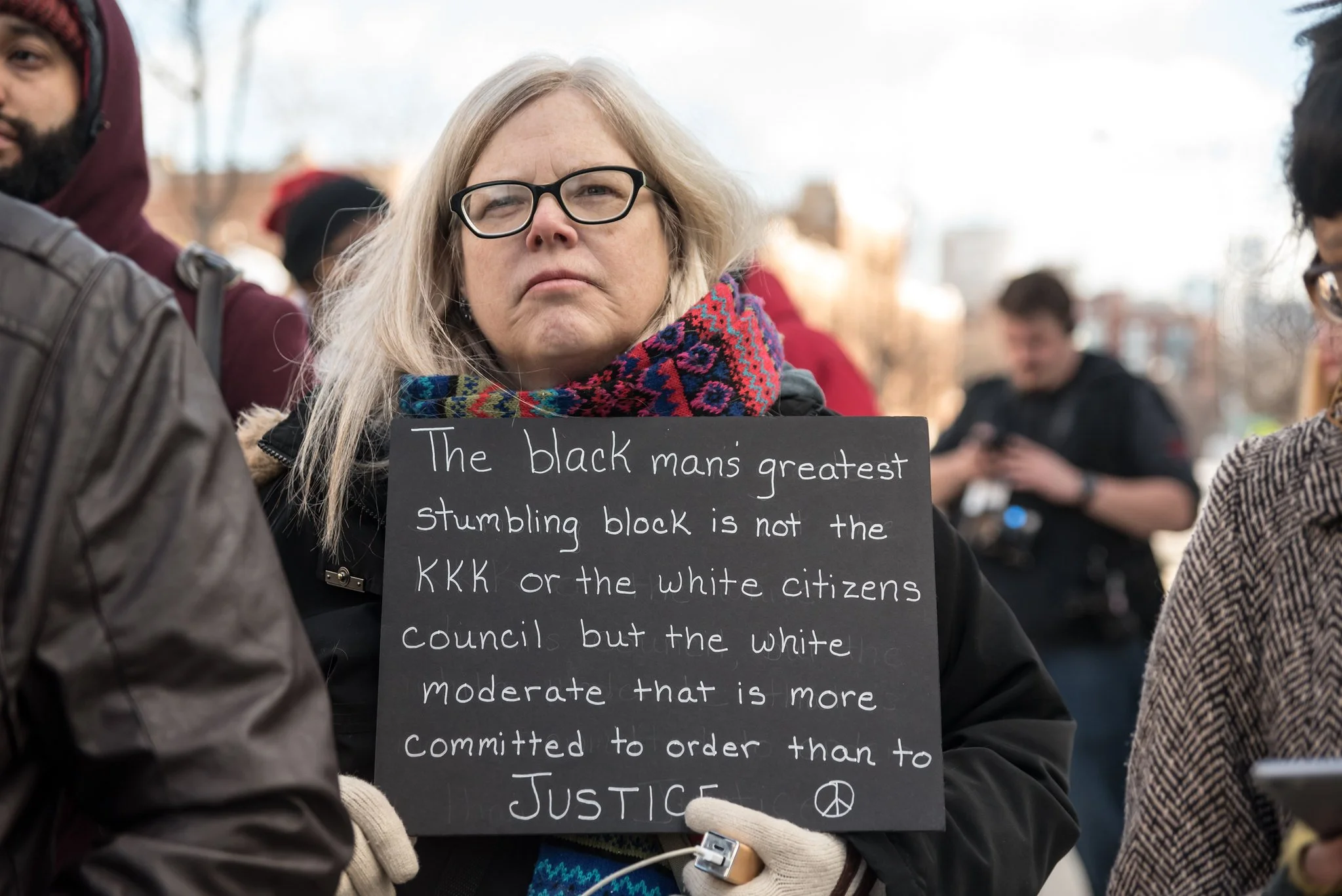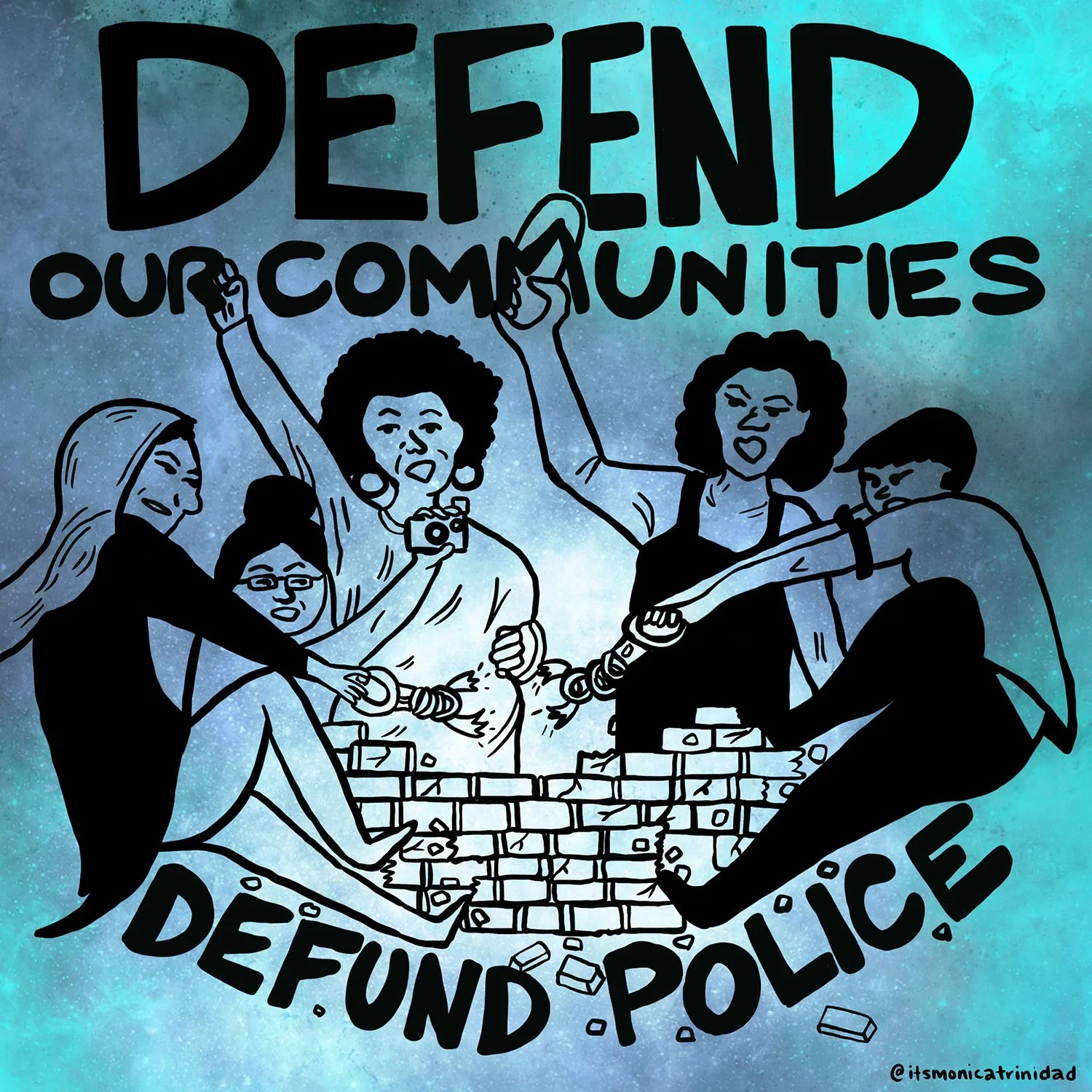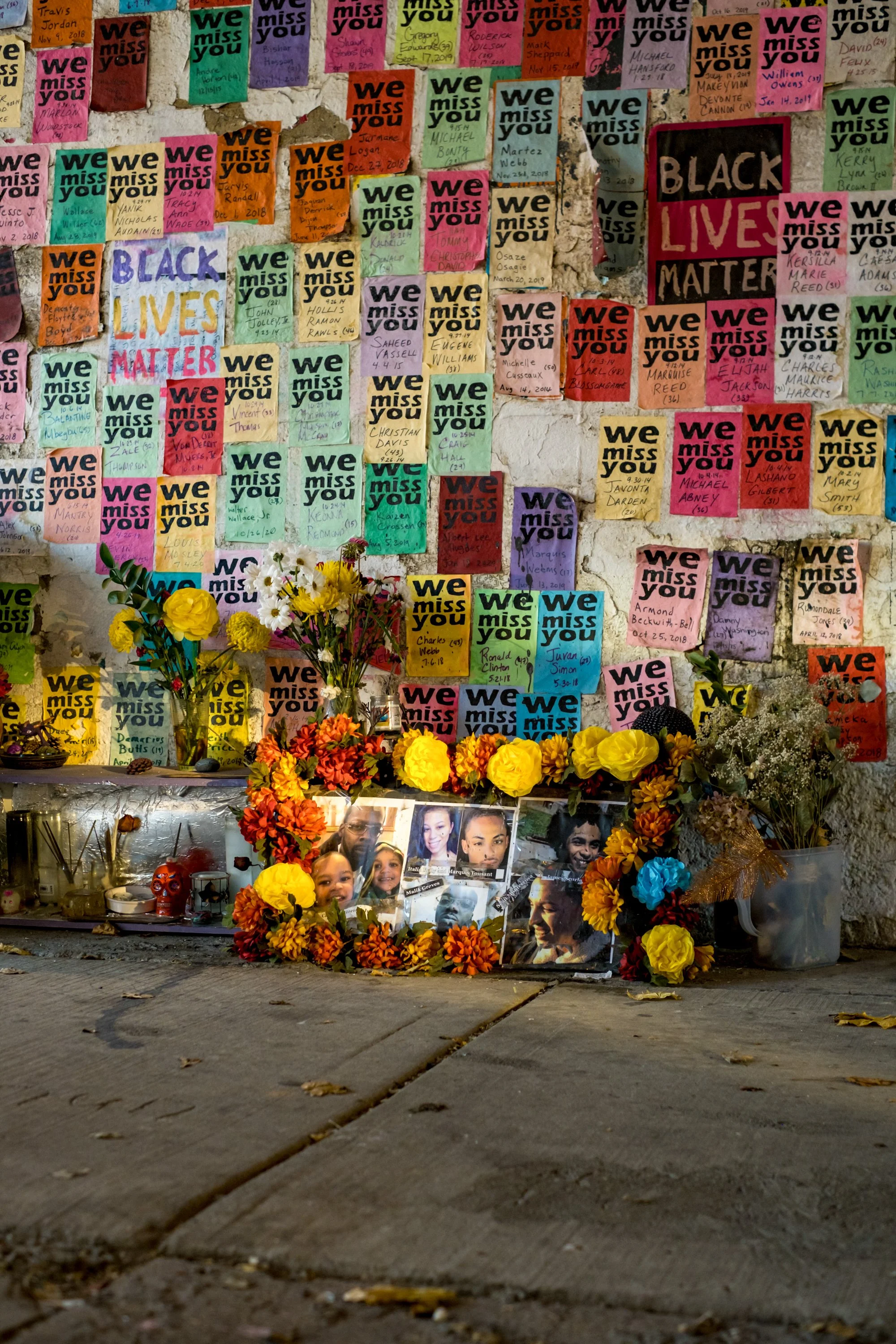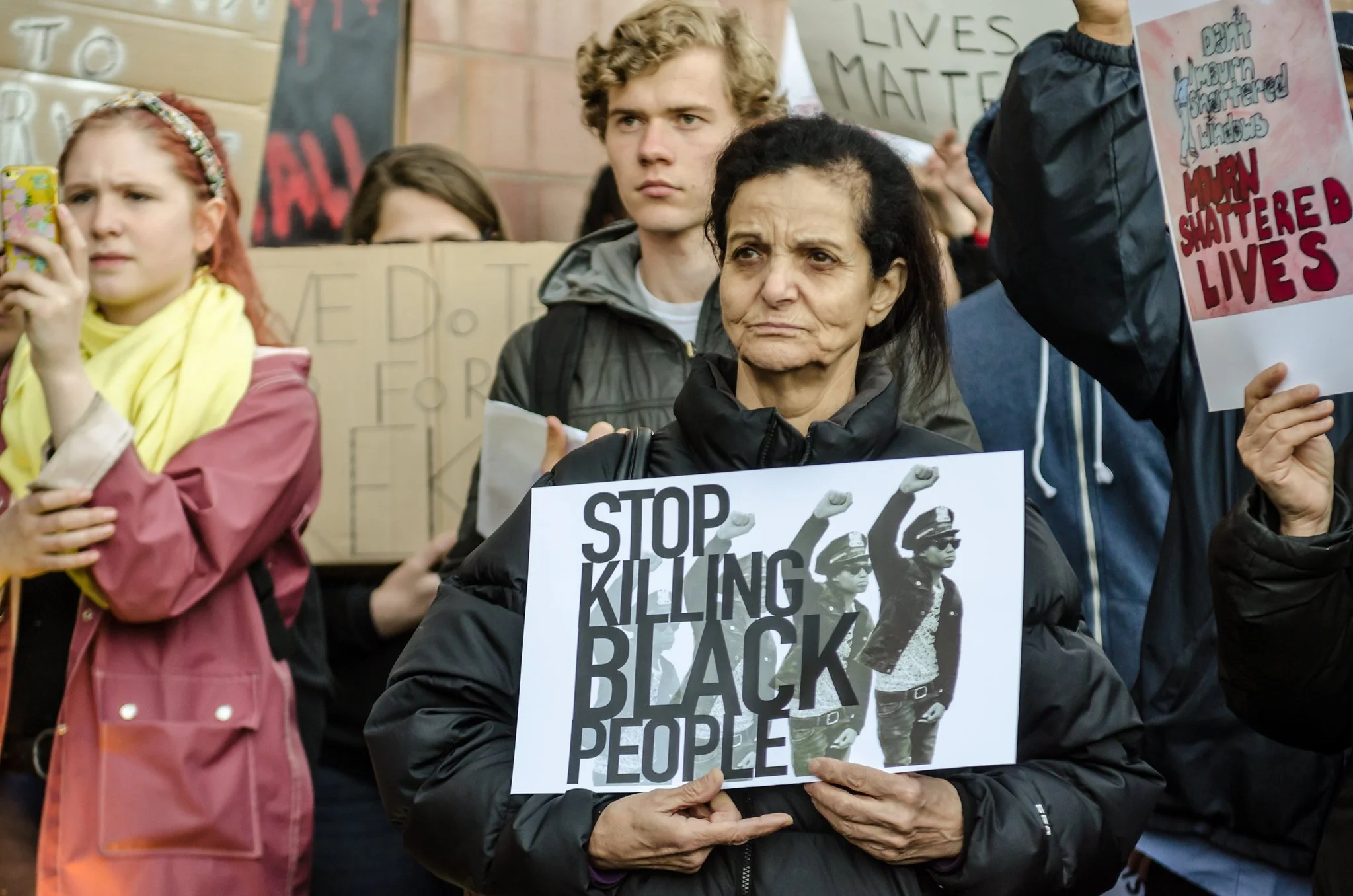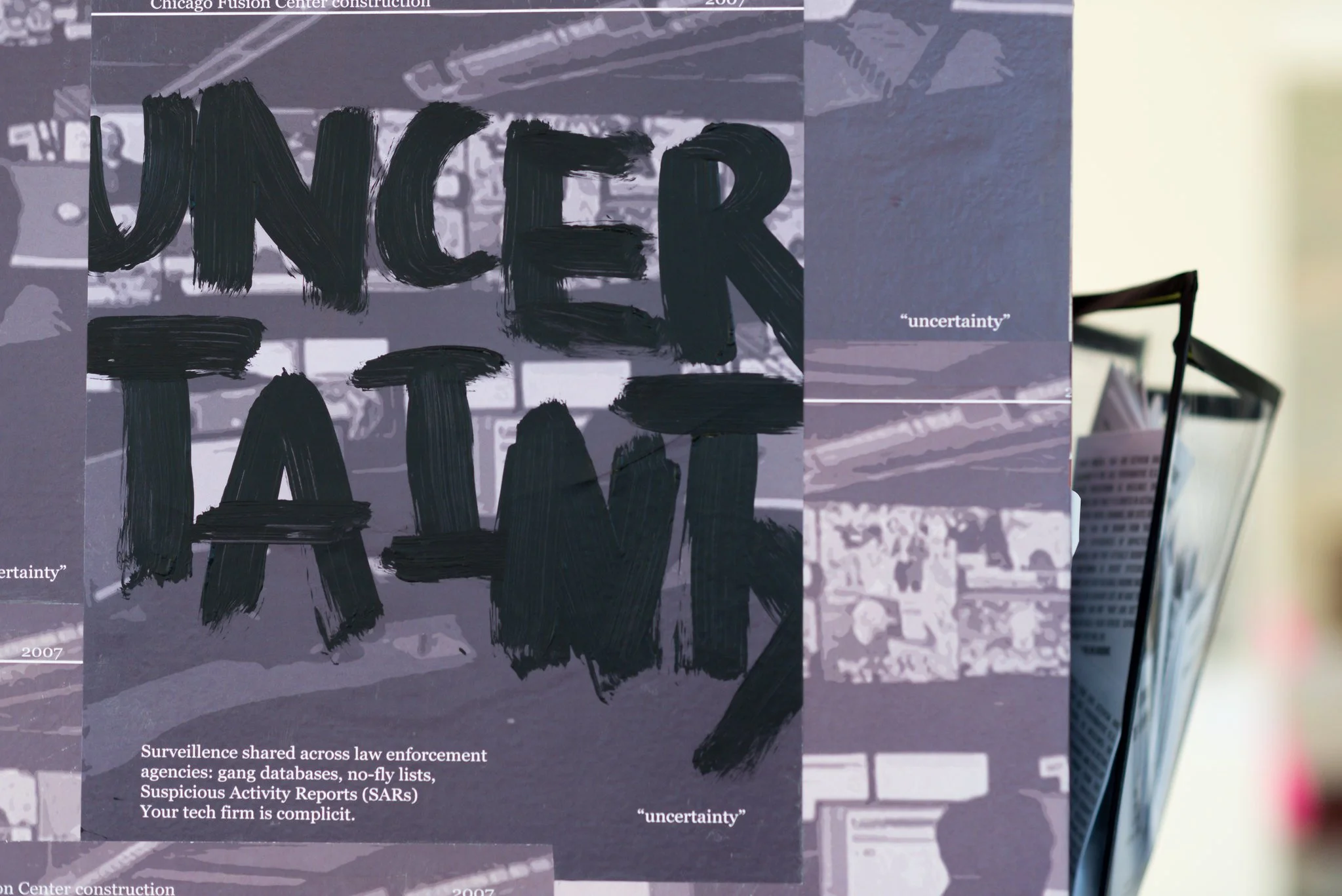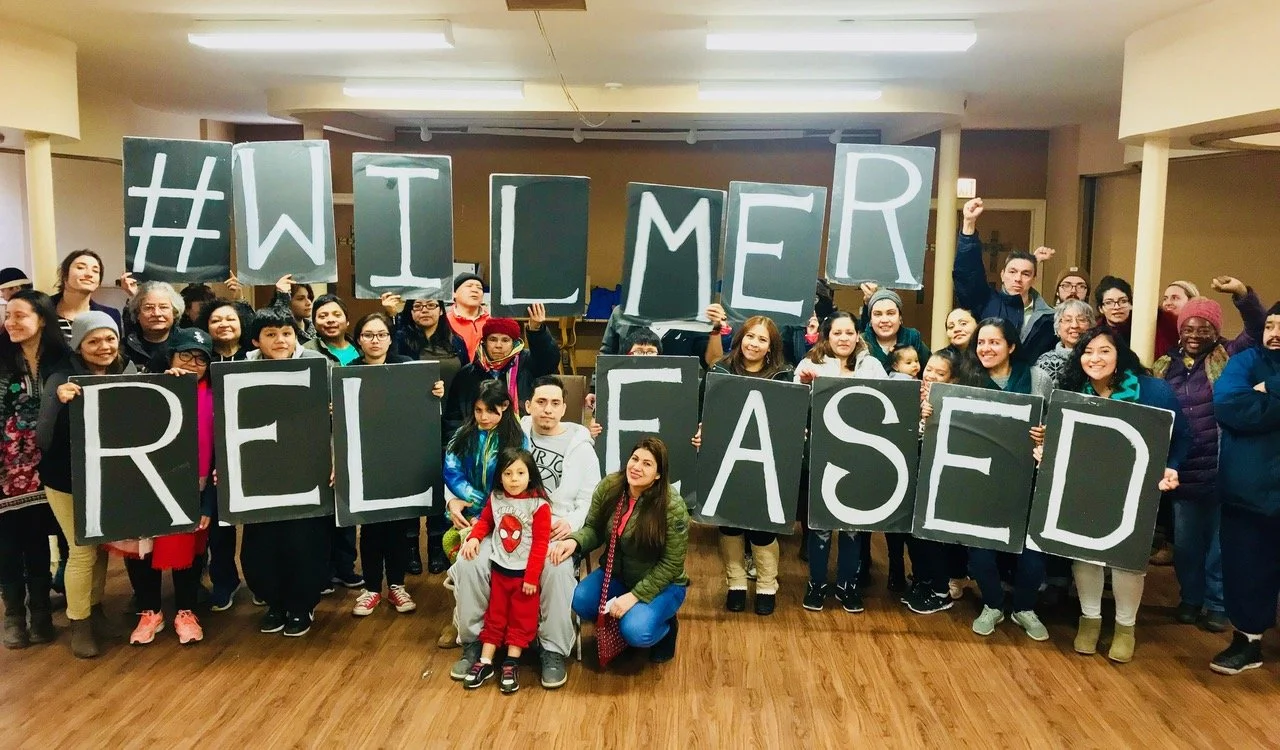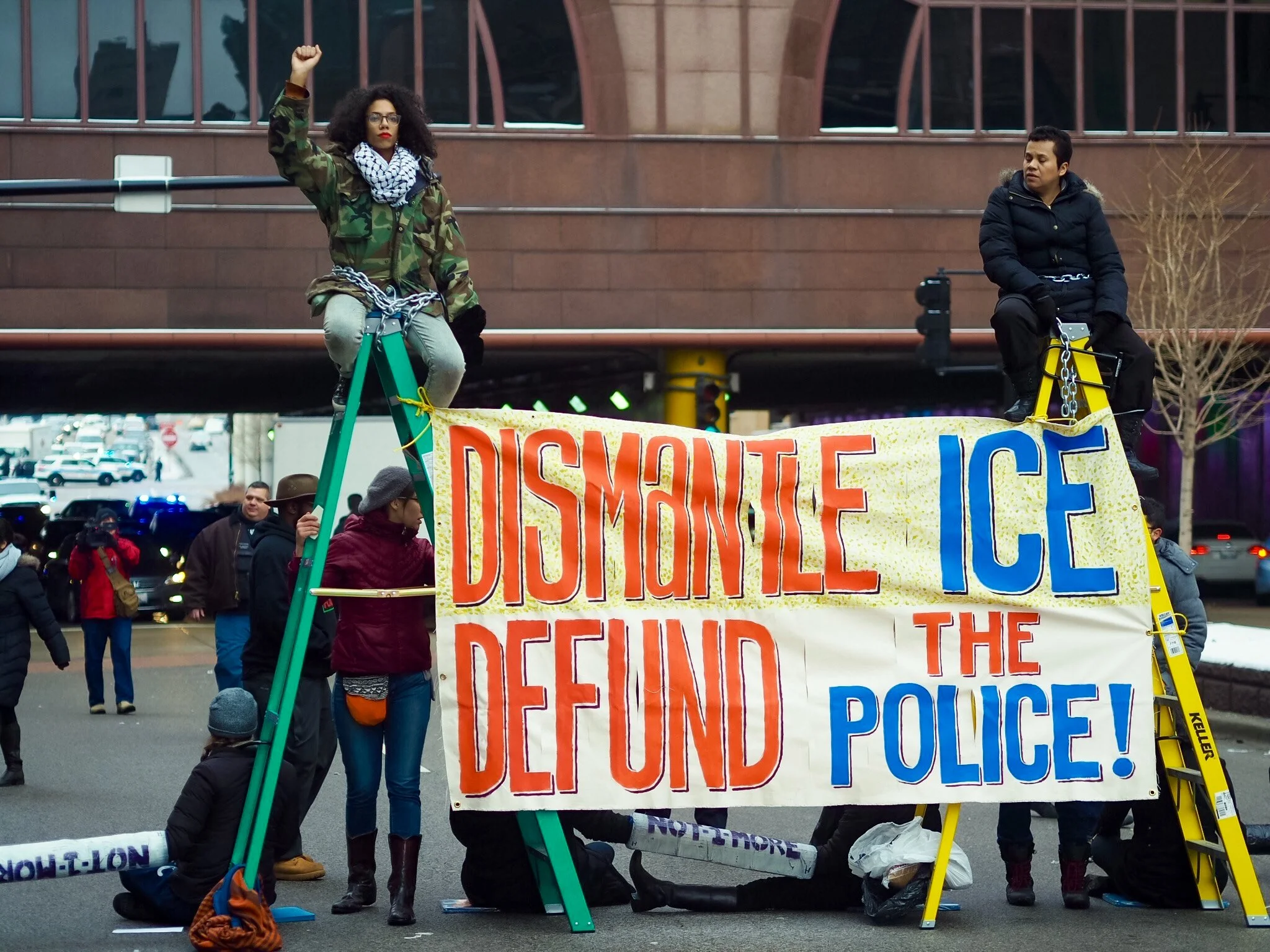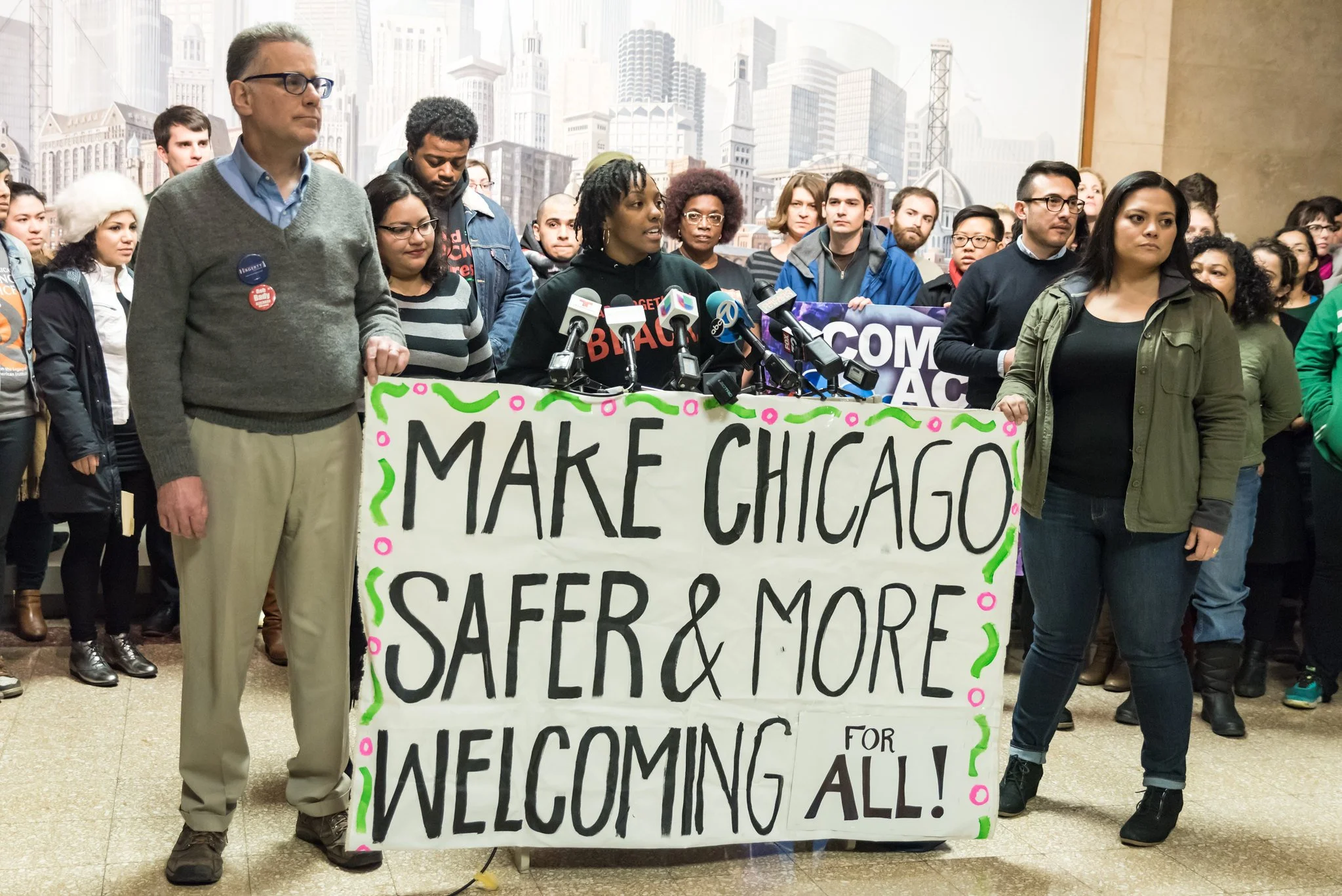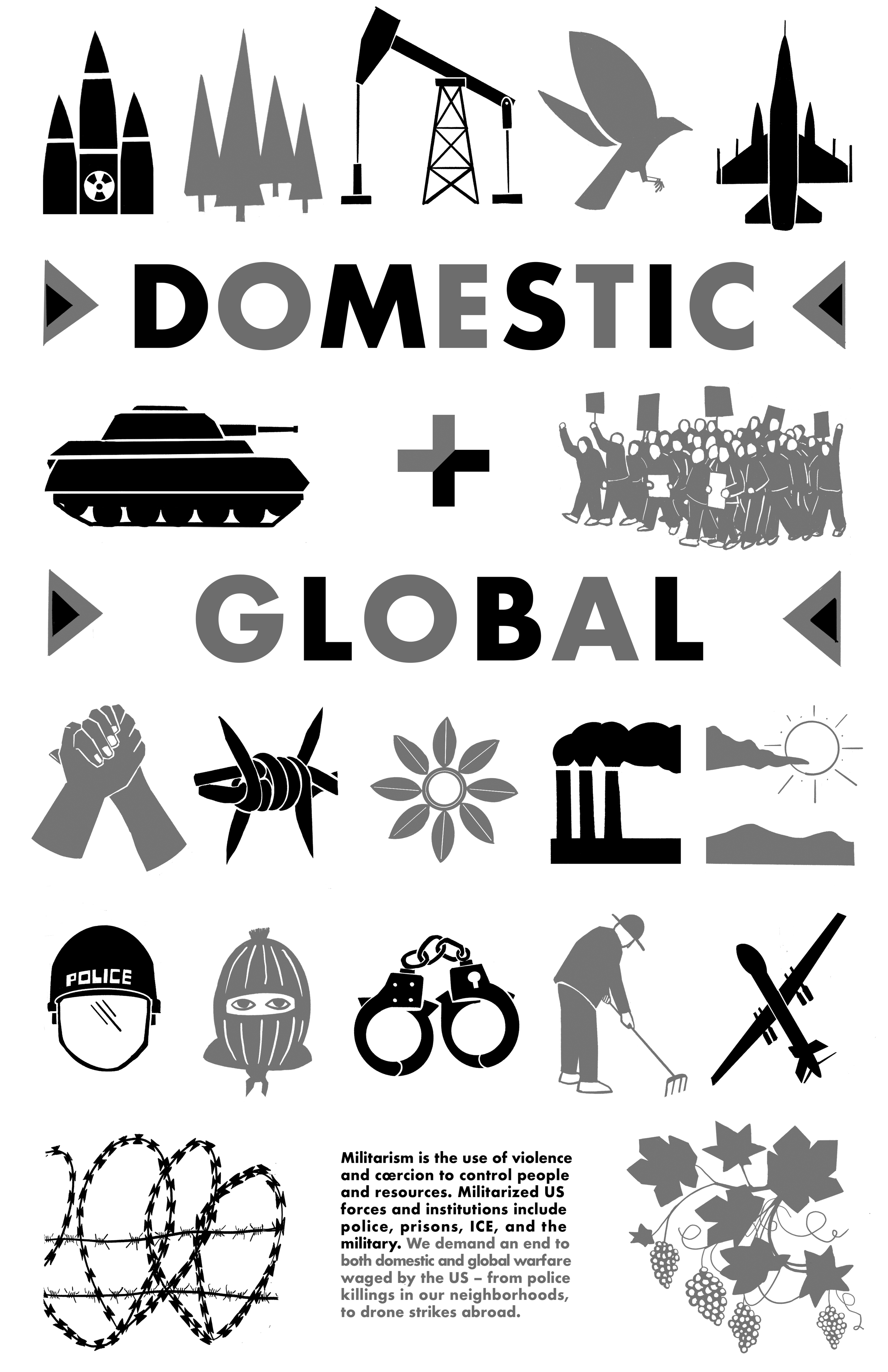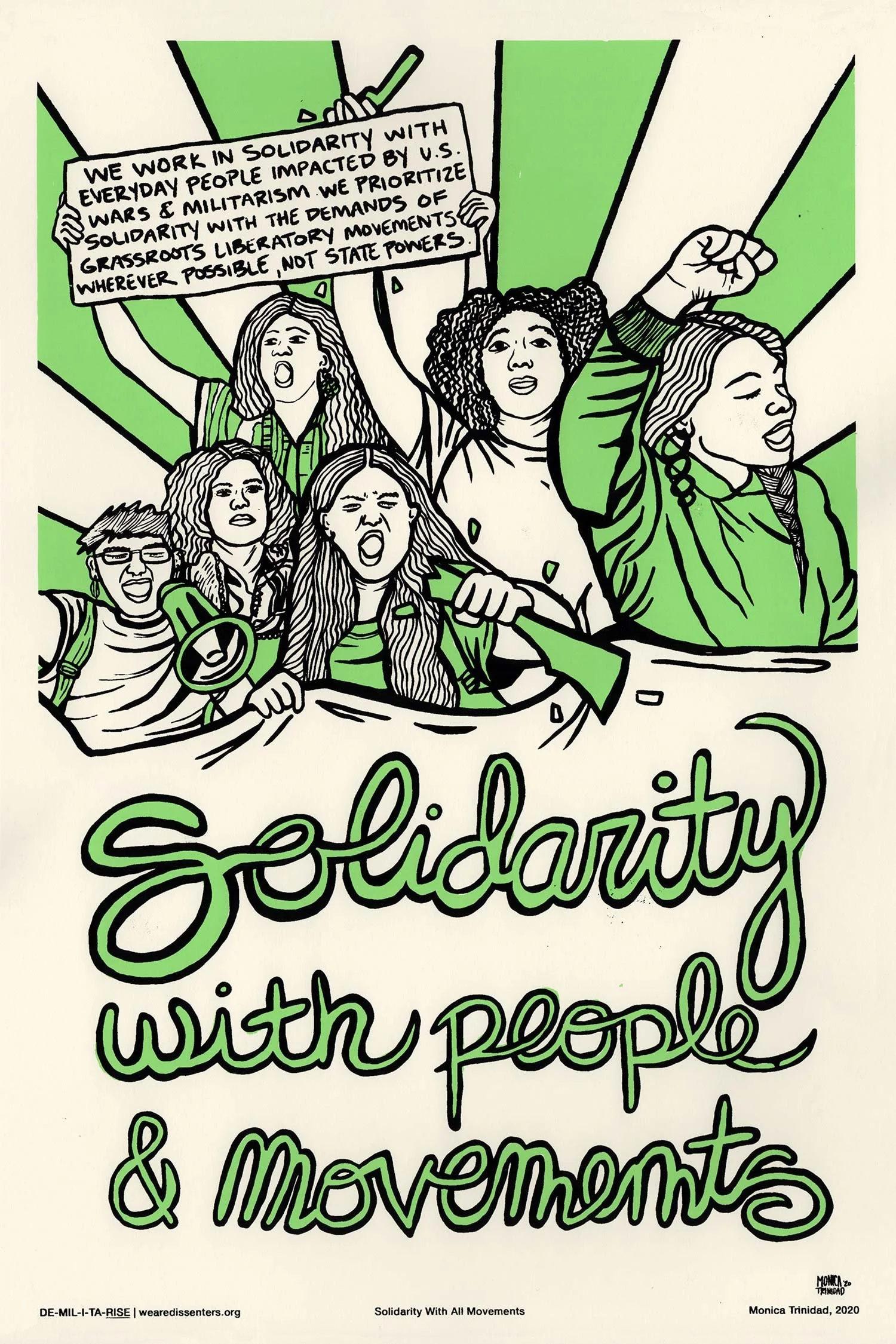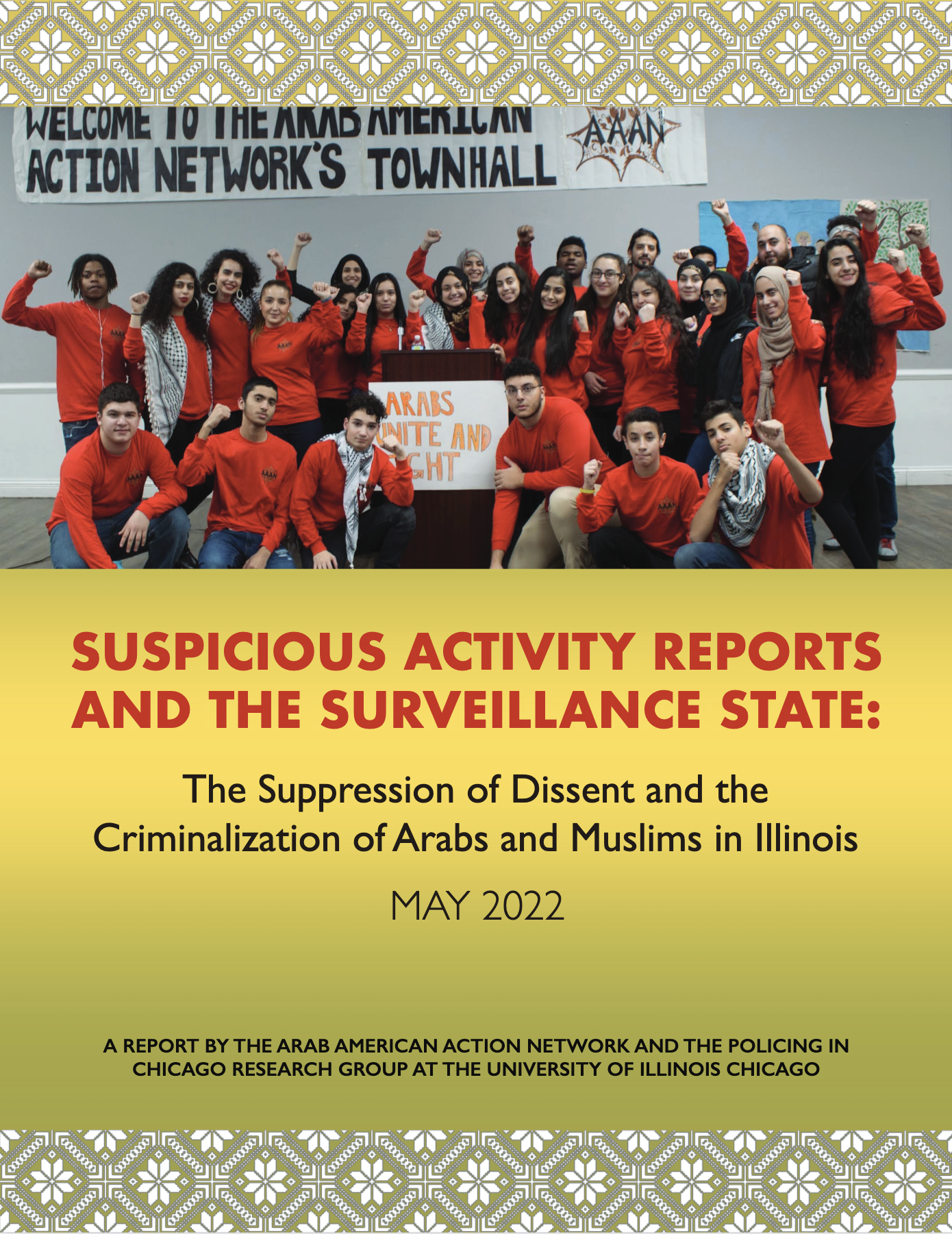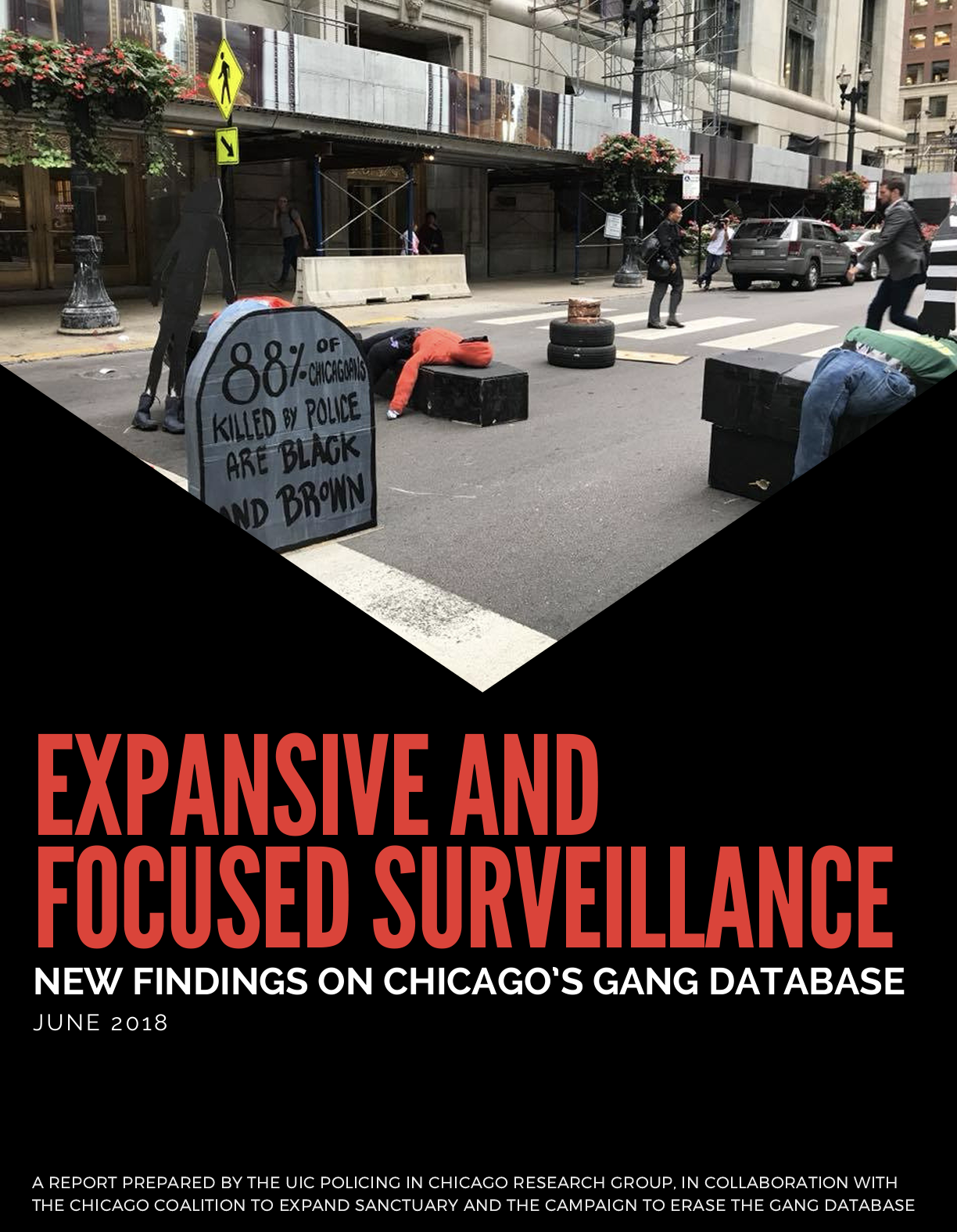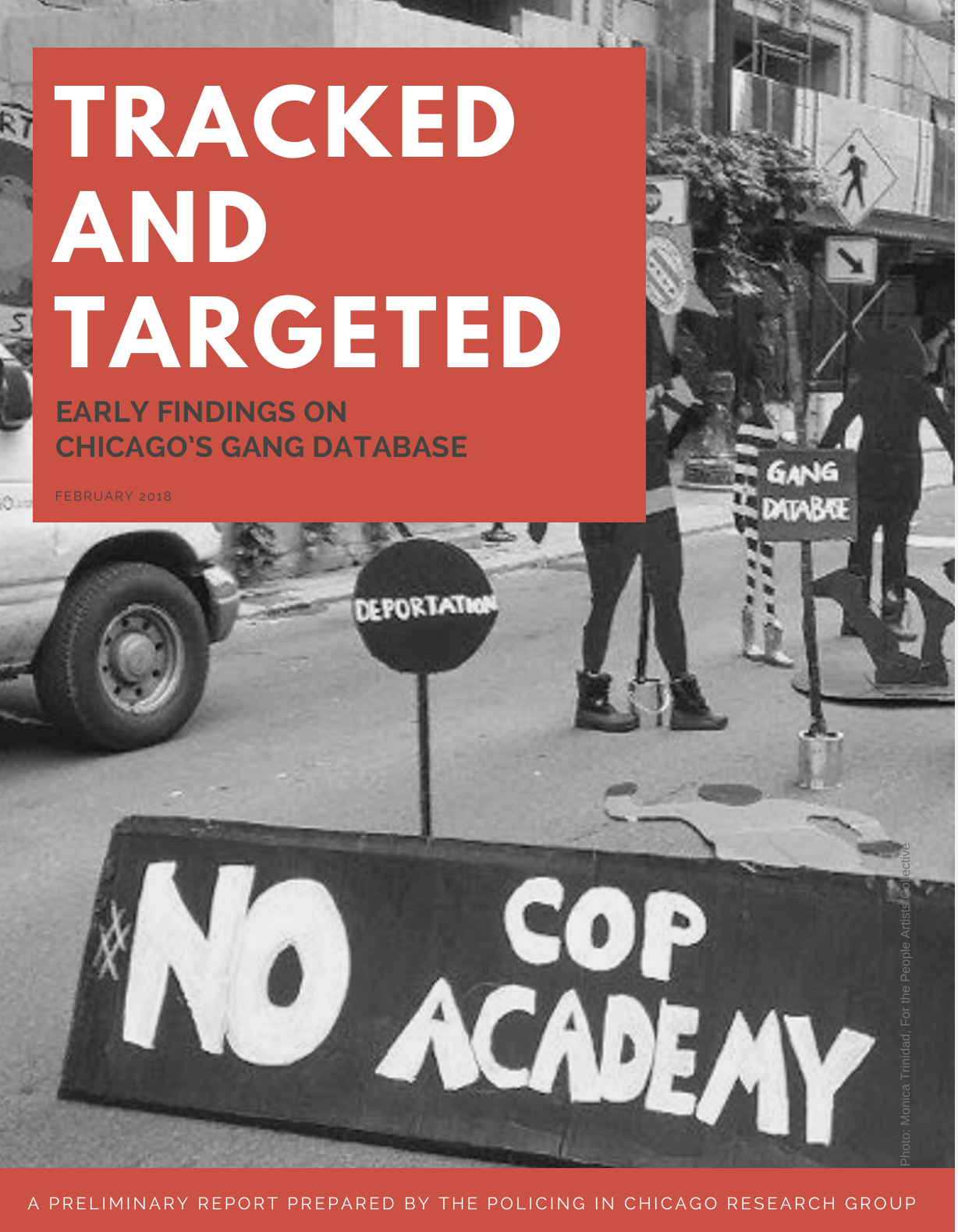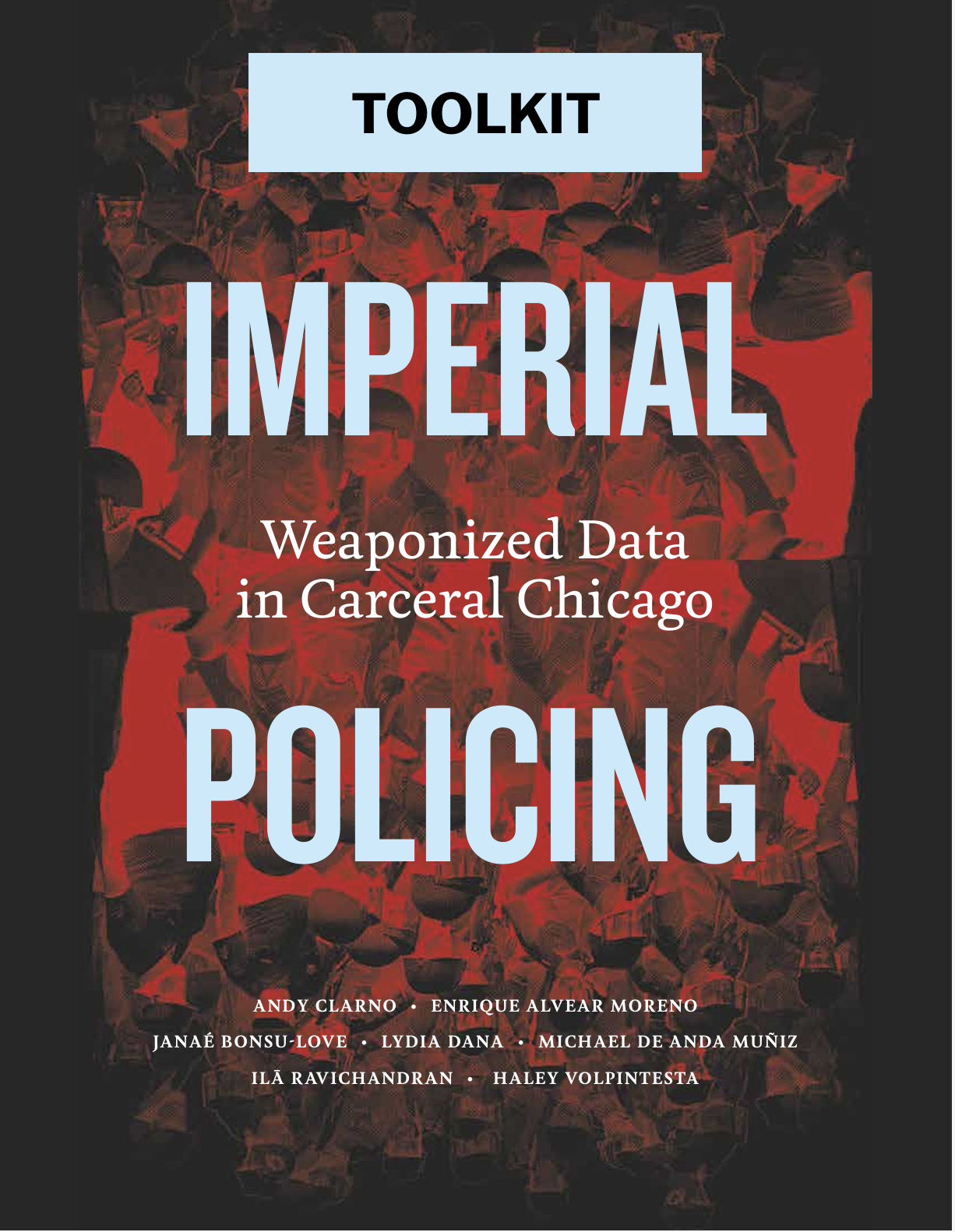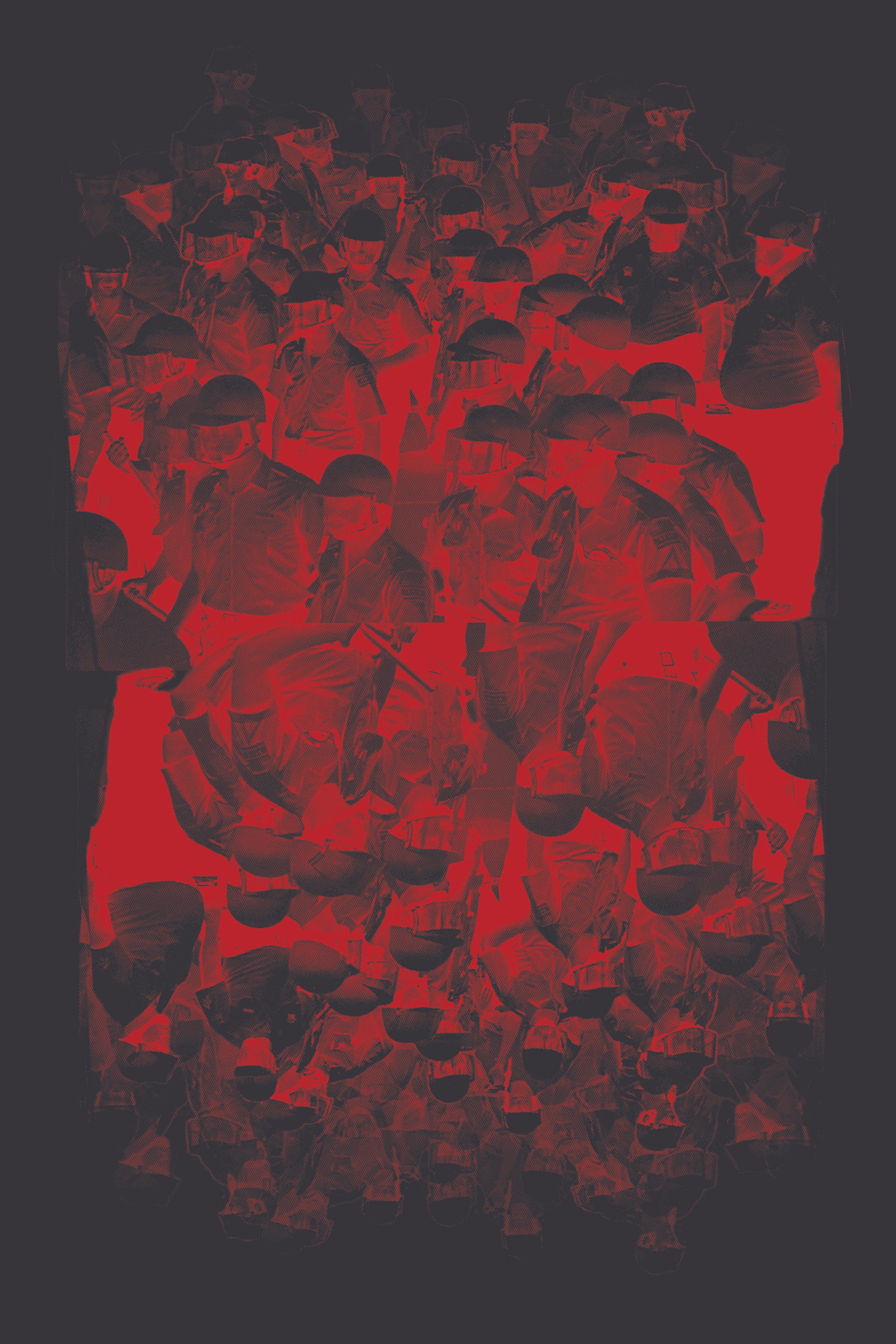
imperial policing
weaponized data in carceral chicago
exposing the carceral webs and weaponized data that shape Chicago’s police wars
Chicago is a city with extreme concentrations of racialized poverty and inequity, one that relies on an extensive network of repressive agencies to police the poor and suppress struggles for social justice. Imperial Policing examines the role of local law enforcement, federal immigration authorities, and national security agencies in upholding the city’s highly unequal social order.
Collaboratively authored by the Policing in Chicago Research Group, Imperial Policing was developed in dialogue with movements on the front lines of struggles against racist policing in Black, Latinx, and Arab/Muslim communities. It analyzes the connections between three police “wars”—on crime, terror, and immigrants—focusing on the weaponization of data and the coordination between local and national agencies to suppress communities of color and undermine social movements. Topics include high-tech, data-based tools of policing; the racialized archetypes that ground the police wars; the manufacturing of criminals and terrorists; the subversion of sanctuary city protections; and abolitionist responses to policing, such as the Erase the Database campaign.
Police networks and infrastructure are notoriously impenetrable to community members and scholars, making Imperial Policing a rare, vital example of scholars working directly with community organizations to map police networks and intervene in policing practices. Engaging in a methodology designed to provide support for transformative justice organizations, the Policing in Chicago Research Group offers a critical perspective on the abolition of imperial policing, both in Chicago and around the globe.
gallery of images from the book
policing in chicago research group
the Policing in Chicago Research Group is an activist research collective composed primarily of current and former graduate students at the University of Illinois Chicago whose work is committed to supporting abolitionist movements, transformative justice organizations and targeted communities.
this book is collectively authored by Andy Clarno, Enrique Alvear Moreno, Janaé Bonsu-Love, Lydia Dana, Michael De Anda Muñiz, Ilā Ravichandran, and Haley Volpintesta.
reports
downloads
This customized discussion guide is an accompaniment to the book that allows for expanded access, reflection, and multi-use possibilities in a range of spaces from organizing to classrooms to personal reading support. It is broken down by chapter and designed to foster dialogue around the content of the book, with a focus on key takeaways.
infographic
by lizartistry
This original infographic provides an illustrated representation of key concepts, connections, and conclusions developed in the book. It is intended to facilitate discussion and promote dialogue in classrooms, workshops, community spaces, and beyond.
discussion guide
by Rachael Zafer
upcoming events
Friday, September 30, 2024
12pm PDT
Race, Ethnicity, and Immigration Colloquium
University of California, Berkeley
Institute of Governmental Studies
Harris Room - 119 Philosophy Hall
Berkeley, CA

media
When 'if you see something, say something' goes wrong: Unfounded reports of suspicious activity overwhelmingly target Arabs, Muslims doing routine activities, new report shows
By Samah Assad, Megan Hickey
July 1, 2022 / 10:30 AM CDT / CBS Chicago
Illinois state government transparency in doubt with "suspicious activity reports"
Mar 12, 2024
The reports taken around Chicagoland are maintained by the FBI. The glaring disparity is that most of the people who were reported were Arab and Muslim.
CBS 2 Investigator Megan Hickey reports.

